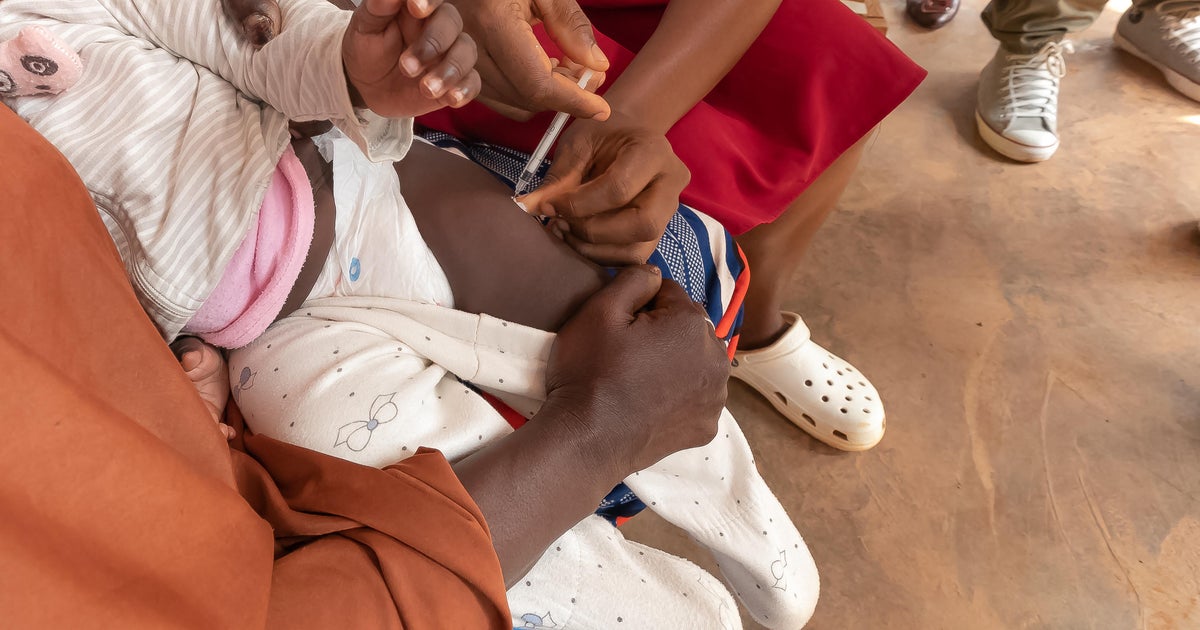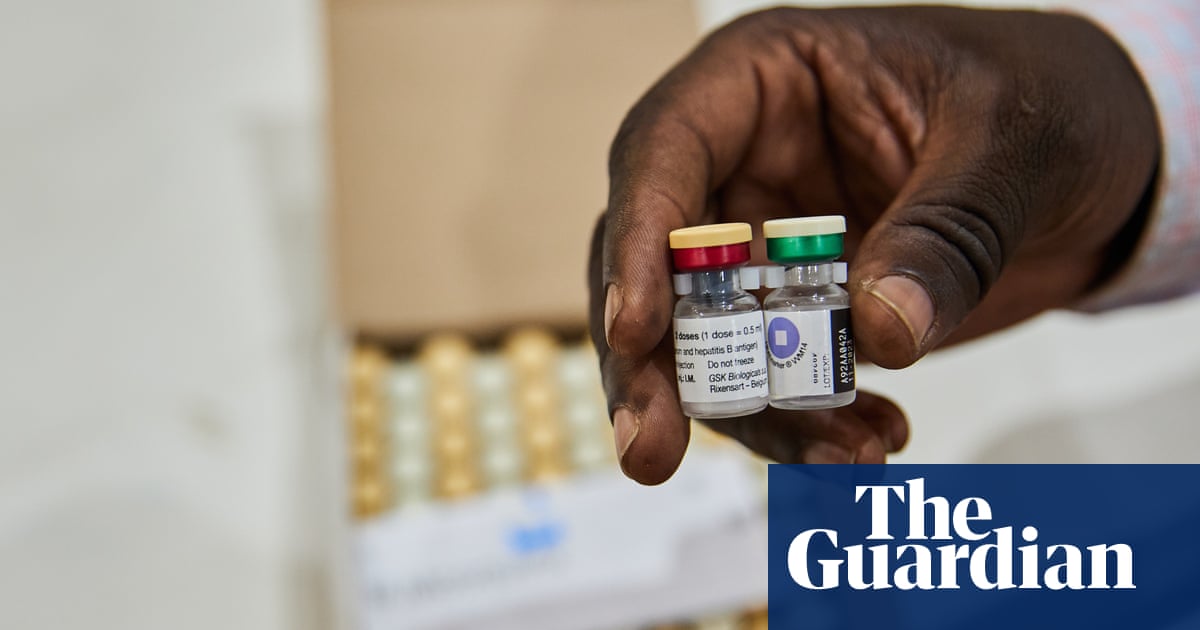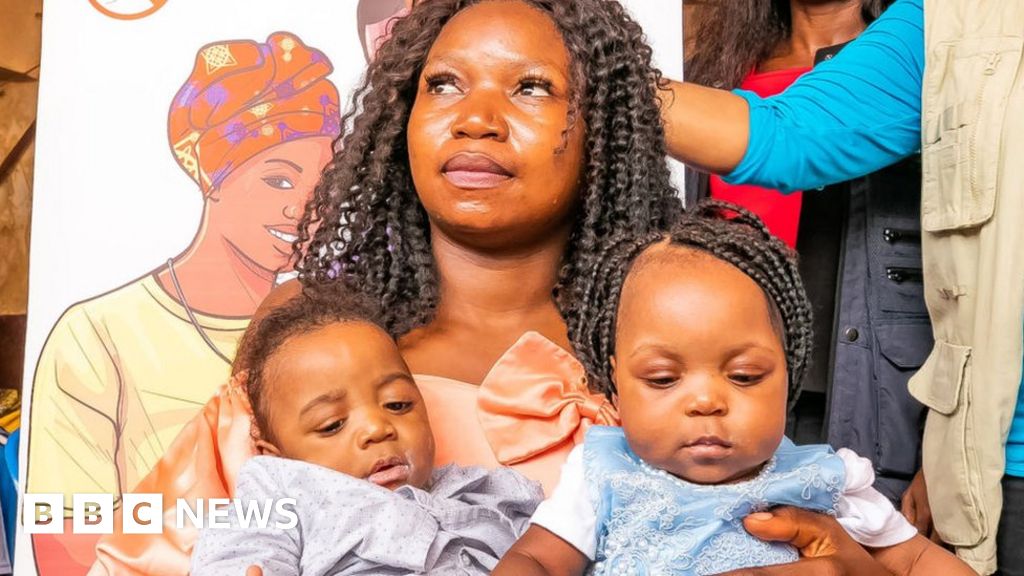
On January 22, 2024, Cameroon launched the world's first routine vaccination program against malaria using the RTS,S/AS01 vaccine. The vaccine is being offered to all infants up to six months old in Cameroon for free and aims to vaccinate roughly 3 million children over the next two years. According to WHO, the RTS,S/AS01 vaccine prevents half of malaria cases in the year after vaccination but does not stop transmission of the disease.
Malaria is a mosquito-borne disease that causes high fever, headache and chills in children under the age of 5. It leads to death for almost every minute an African child dies with malaria. The parasite spreads to people bitten by infected mosquitos, causing initial symptoms including high fever, headache and chills.
The RTS,S/AS01 vaccine has been recommended by WHO for widespread use in Africa as a matter of routine. Cameroon is the first country to routinely give children this new malaria vaccine as the shots are rolled out in Africa. The vaccination campaign due to start Monday was described by officials as a milestone in the decades-long effort to curb the mosquito-spread disease on the continent, which accounts for 95% of the world's malaria deaths.
Cameroon hopes to vaccinate about 250,000 children this year and next year. Gavi said it is working with 20 other African countries to help them get the vaccine and that those countries will hopefully immunize more than 6 million children through 2025.
In Africa, there are about 250 million cases of the parasitic disease each year, including 600,0 deaths, mostly in young children. The malaria parasite mostly spreads to people via infected mosquitoes and can cause symptoms including fever, headaches and chills.
Neither of the malaria vaccines stop transmission, so other tools like bed nets and insecticidal spraying will still be critical.



